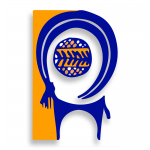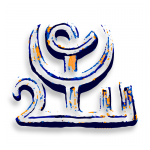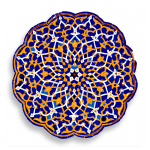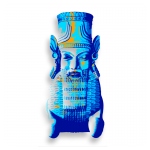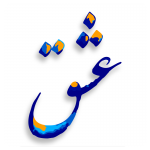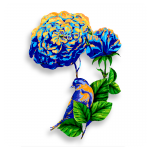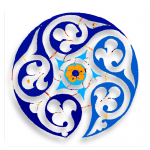The Persian language is an Indo-European language, therefore despite what many might believe, it is not the Arabic language, although many Arabic words entered the language as well as English and even French words.
Persian or Farsi is one of the languages spoken in Iran and the only official language of the country. However, Persian is being spoken in other countries such as Tajikistan, Afghanistan, and several other Persian speaking minorities in Uzbekistan. I said, “One of the languages” in Iran since many other languages and dialects are being spoken currently in every corner of Iran by different groups and ethnics, which makes Iran a beautiful, multicultural country, See the article about Iran ethnicities.
When we talk about languages we need to be careful to not to confuse it with writing systems, in Iran we speak Persian but we write it with modified Arabic alphabet (4 extra letters have been added to the original Arabic alphabet). Let me give another example, in Turkey, they speak the Turkish language for centuries but they used to write their Turkish words in Arabic alphabet until Nov 1928, and from that date, they have converted to the Latin alphabet, i.e. the language is the same but the alphabet is changed!
Therefore, if you are familiar with the Arabic alphabet you may easily read the Persian words but not understand them. There are many foreigners in Iran who are eager to learn Persian in Iran and come and live Tehran from a couple of months to years to fulfill their passion of speaking and writing Persian and being able to enjoy Persian poetry and literature or simply to interact with Persian speakers, and according to them learning Persian is not a great challenge in terms of grammar or vocabulary. But the concern of this short article is not to master the language but to simply learn some essential phrases to survive and maybe to please Iranians since we are the nation who loves to see foreigners speak our language.
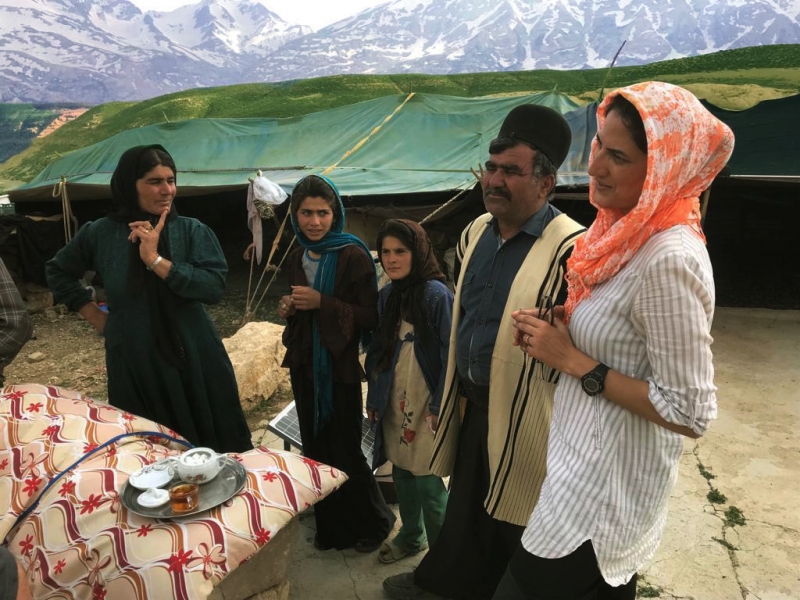
meeting with Iranian nomads in western mountains
| English words | Phonetic writing | In Persian alphabet |
| HELLO | Salam | سلام |
| This is the greeting word. Whether you enter a shop or someone’s house. You start with this. SALAM is an Arabic word commonly used by Iranians, but if you want to go for a purely Persian greeting word you can say “DORUD”, although not as common as-Salam it is highly appreciated by Iranians to use Persian words as much as possible. | ||
| GOODBYE | Khoda Hazfez | خداحافظ |
| This term is a mix of two words. The Persian word “Khoda” meaning the God, and the Arabic word “Hafez” meaning the guardian, and it means “May God protect you”. Like the previous term, there is also a purely Persian term, Bedrud. | ||
| HOW ARE YOU? | Chetori? | چطوری؟ |
| I AM FINE | Khobam! | خوبم |
| NICE TO MEET YOU | Khosh bakhtam | خوشبختم |
| THANK YOU | Mamnunam / Merci | ممنون / مرسی |
| To Thank someone there several terms and phrases. These two are the most common. As you can see we use the French word, MERCI, quite a lot. You can also say Tashakor, like in Turkey. But if you say SHOKRAN, no one gets you, unless you are in the Arabic speaking region of Iran. | ||
| GOOD MORNING | Sobh be-Kheir | صبح به خیر |
| GOOD NIGHT | Shab be-Kheir | شب به خیر |
| HERE YOU ARE | Befarmaid | بفرمایید |
| The use of this term is very vast. This term simply is offering the other person and prioritizing him/her. This can be upon entering a room, eating something or giving a gift to someone. There is a close link between this term and the culture of politeness and Taroof in Iran. | ||
| Your Welcome!
|
Khahesh Mikonam | خواهش می کنم |
| This term is also deeply rooted in the politeness culture of Iranian. This a higher level of saying thank you or your welcome. | ||
| It was delicious | Khosmaze Bud | خوشمزه بود |
| I am lost | Gom Shodam | گم شدم |
| Yes/no | Bale – Na | بله / نه |
| Sorry / excuse me | Bebakhshid | ببخشید |
| Where is (Toilet)? | (Towalet) Kojast? | (توالت) کجاست؟ |
| Water | Aab | آب |
| Bread | Nan | نان |
| I am vegeterian | Man Giyah Khar-am. | من گیاهخوارم |
| Good / bad | Khub / Bad | خوب / بد |
| How much is it? | Chande? | چنده؟ |
| Is there a reduction? | Takhfif dare? | تخفیف داره؟ |
| Bargaining in Iran is normal and is considered as acceptable behavior. Although you cannot drop the price to one third, it is still possible to bargain for some goods. However, for small items like water, food or in the restaurants we never bargain! | ||
| Qabel nadare! | Qabel Nadare! | قابل نداره! |
| This is a hard one to explain, as you can see I could not find a proper translation for this phrase. You do not need to use it but you may hear it a lot. This is also part of the Taroof culture in Iran and you will hear it once you want to pay for something. This is literary means “It is for Free!!” Yes? But NO! this is an act of politeness and humbleness and symbolic generosity by Iranians. I let you interpret its philosophy but when you hear this phrase at the time of paying for something, either the taxi fee or at a shop, you do not accept and you need to insist in paying as many times as you hear it! | ||
| Police/doctor | Police / Doctor | پلیس / دکتر |
| Internet / WIFI | Internet / WIFI | اینترنت / وای فای |
| Emergency Calls | |
| 110 | police |
| 115 | ambulance |
| 125 | fire fighter |
You may enjoy taking a calligraphy session with an Iranian calligraphist, click here.


